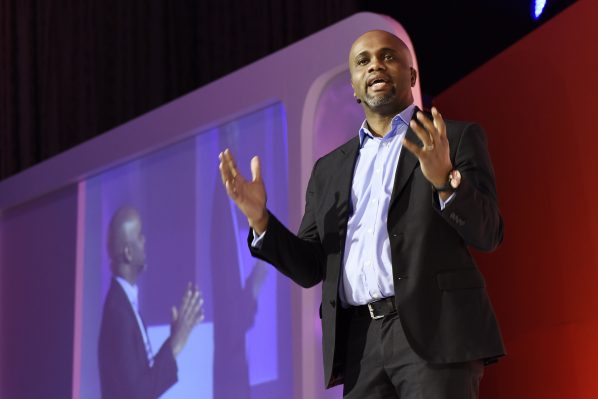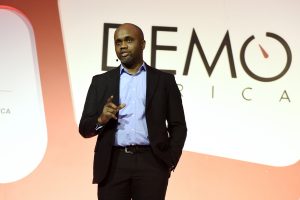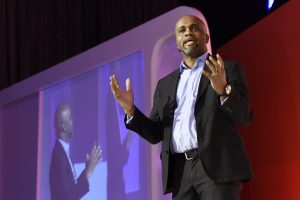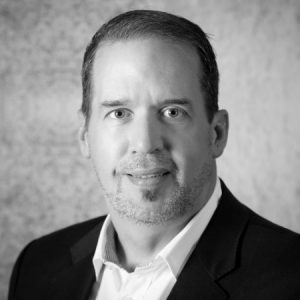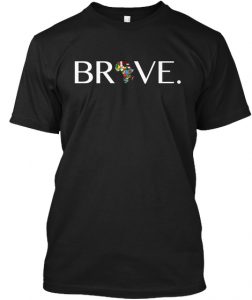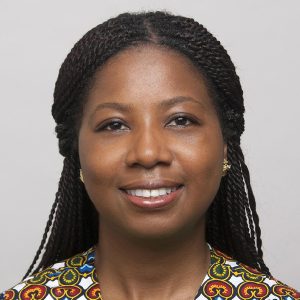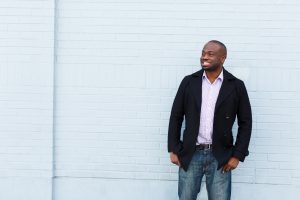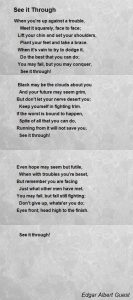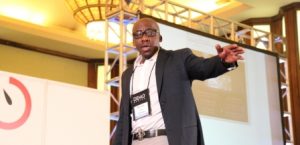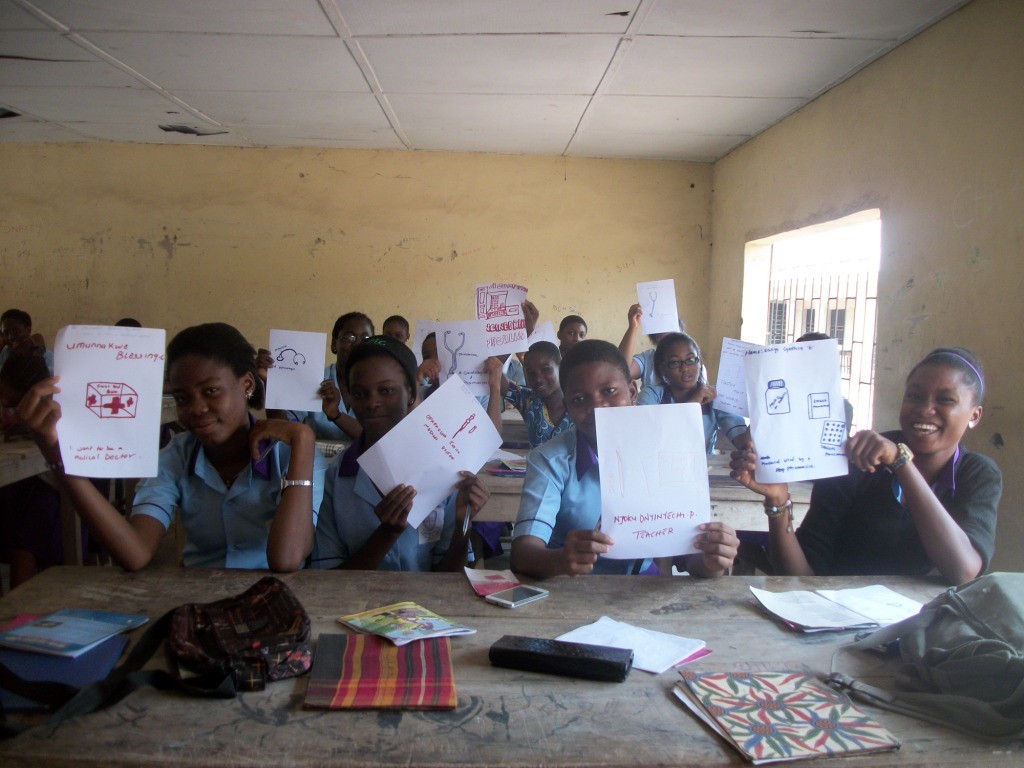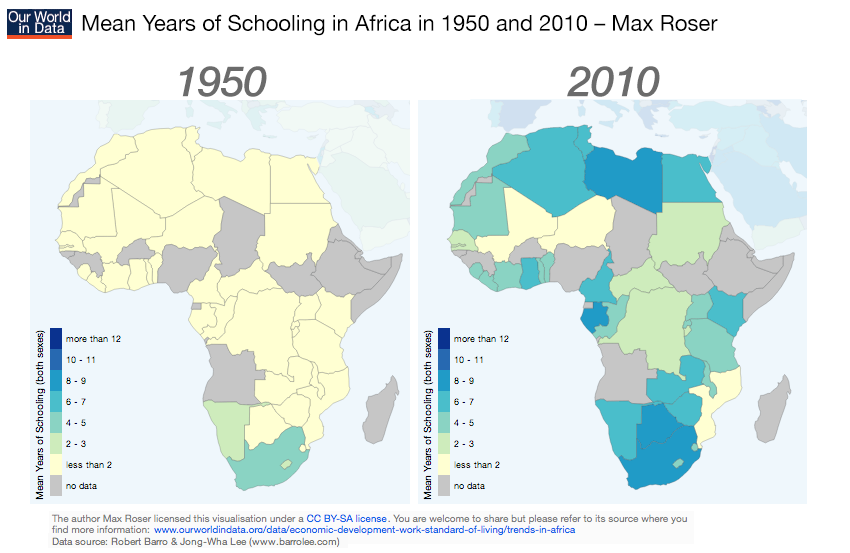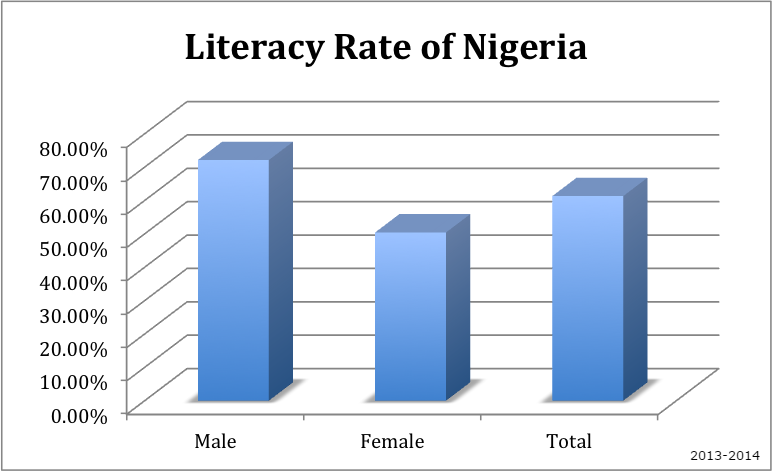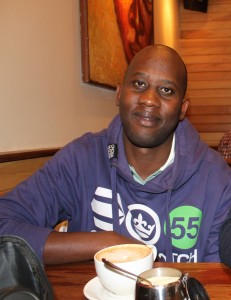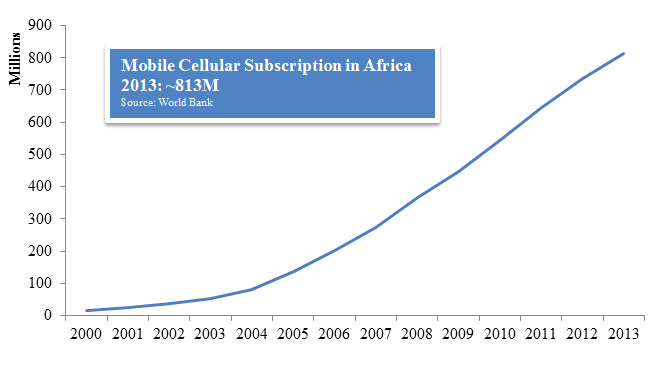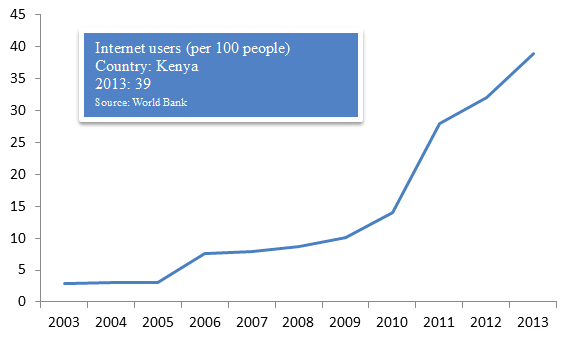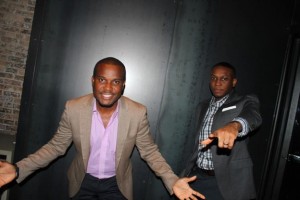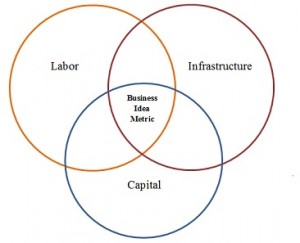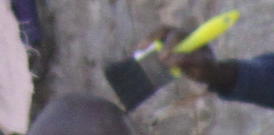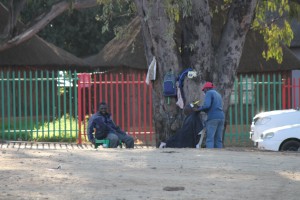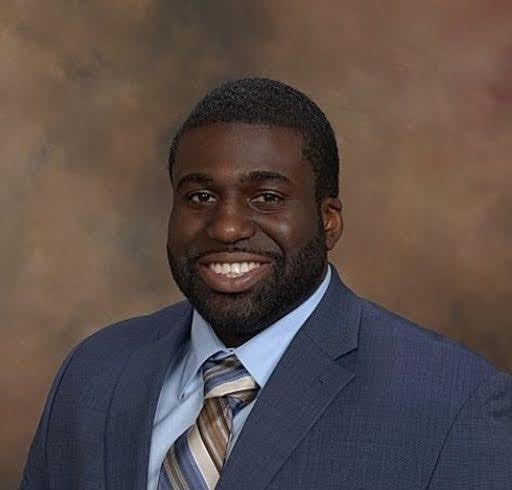
Michael is a passionate entrepreneur focused on leaving a legacy that is filled with inspiration and courage. With the realization that “life is rented”, Michael approaches his mission to feed millions of people in a sustainable way with great enthusiasm and urgency. Although Jikoro as a company is still in its infancy (about 1 year old), the idea for the company has been gestating for years. Michael is putting to work his training as a scientist to build a company whose mission is to leverage technology to create products from palm oil that are less harmful to the environment and people. Essentially, creating a better product for tomorrow, today. The Agriscience industry in Africa is ripe for disruption as it is dominated by companies with antiquated technologies that also lack leadership when it comes to dealing with the realities of climate change.
Jikoro’s plans include leveraging technology to bring hydroponic farming to Nigeria and partnering with Universities to innovate on seed genomics.
In addition to building a company that outlasts him, Michael wants to create millions of jobs for talented youth in Africa who are yearning for the opportunity to make a better life for themselves and their families. Michael and his team at Jikoro have many exciting plans and their version of the future is filled with hope, determination, and courage.
Jikoro recently took first place in a business pitch competition organized by Umu Igbo Unite, at their 2019 annual conference in Minneapolis. I learned about Jikoro through the pitch competition and invited him to take part in the FIVE Questions series. I hope you are inspired and compelled to cheer on the team at Jikoro!
1. What is your unfair advantage as an entrepreneur and why should people want to do business with you?
I find this to be an interesting question because it illustrates in one aspect your fit and the other, characteristics of an entrepreneur. To appreciate my unique abilities, you would have to personally interact or shadow me for a day. You would quickly find out that I equally represent the Naija (Nigerian) hustle and accomplish my goals with a strategic mechanism. Nigeria is a unique country in dire need of multilateral solutions for all including men, women, and the youth. It’s estimated there are nearly 80 million youth ready to learn and work throughout impoverished regions of Nigeria. Throughout West Africa, a few small organizations are doing the best they can to be the change agents. However, to make the real impact it takes a collective of people and organizations. Jikoro LLC is ready to make the difference one-step-at-a-time, as our innovative strategies focus to eliminate the burdening hunger crisis and eliminate the technological barriers to entry. We are crafting a vision and creating opportunities for tomorrow, now. Our motto “Sustainable Agriscience for A Better Tomorrow”, today defines our innate hunger and desire to succeed. We should not lament and willow in stagnation; rather, let us be our own change agents. Our collective actions will be our unfair advantage.
2. What role has mentorship played in your journey as an entrepreneur and what’s your advice on how to seek out and foster relationships with mentors?
Either it’s this question or perhaps it’s the answer that goes on in life to be undervalued in its various forms. I’d have to say my journey as an entrepreneur is unique in experiences and achievement. Each day you wake up to face and overcome adversities through each stage and after each accomplishment. Mentorship is defined by the Oxford dictionary as, “guidance provided by a mentor, especially an experienced person in a company or educational institution.” The reality is that not everyone has a mentor to speak freely or directly to. Similar to myself, you may become indirectly motivated to take the first steps. Virtual platforms such as YouTube and findings on the internet are great tools for those seeking inspiration. However, I should caution everyone not to pay for free advice and stay focused exclusively on stories and interviews without the glam. Watching and learning from women who essentially created their career positions were my first exposure to entrepreneurship. While in college I started my path towards entrepreneurship with a National Science Foundation (NSF) grant, which allowed me to expose myself to as many unknowns as possible. Prior to starting Jikoro, I was presented with the opportunity to meet a few CEOs in the field of biotechnology and other industries. If you are given a similar opportunity, write down a few questions you are going to ask the individual in a notebook or diary. Your goal is to learn about your future mentors’ critical thinking process, focus, and their past experiences (e.g., successes and failures).
3. Why is the cause you are pursuing or problem you are solving the most important for this generation and how can people support /help you move your cause forward?
Well around the world the average age of a farmer is 60 plus years, and in the continent of Africa 60% of the population are under the age of 25. Let’s focus on Nigeria, the most populous country with the largest economic factor (e.g., GDP) in Africa. Without the need of a microscope, youth unemployment and data representing the quality of life is dismal. Primarily such concern for poor health is due to unemployment, hunger, and inaccessibility to resources. While Jikoro is only an agricultural sciences and farming company, the potential of a robust agriculture industry should bring excitement, as the number of improved lives may be exponential. Our vision is to develop the next generation of farming technologies and food crops to feed a nation through science and development of a stable supply chain. Moreover, we are focused on eliminating the biotechnology barrier and innovating to produce bio-engineered oil seeds and specialty crops for advanced technologies (e.g., biofuels and affordable medications). When you do the math, innovation plus product, multiplied by scalability equals profitability in the business world. A profitable agriculture industry translates into new forms of income, resulting in affordability of key services (e.g., healthcare) and investments in infrastructure, such as roads and water systems. There’s a saying, “those who fail to plan, plan to fail” and so far, no one has been able to disprove planning. In all realness, hopefully, individuals with additional resources will pick up where we left off and learn from our mistakes. To succeed, we are utilizing the grassroots community business funding model, so donations, investments, and partnerships are welcome, as well as feedback and advice. If you really want to help, first check out Jikoro’s website (https://www.jikoro.international), then if you feel compelled, contact us by email. Remember, it takes a village.
4. Reflect on all of the key milestones or sacrifices you’ve had so far in building Jikoro to what it is today, which of these milestones or sacrifices would you say is the most pivotal and why?
Too many milestones but selling my car and investing the money into the business was the most pivotal sacrificial milestone. I woke up and said today is the day, now each day I remember moving forward is the only way to go. Today, I’ve obtained all the necessary permits and formed a few collaborations. Tomorrow, big data will be flowing in, new products will launch, and a new research team will be built from the ground up. All these milestones excite me and I look forward to achieving each one. You can stay up to date with our movements by following us on Instagram — @jikorollc
5. What is the best piece of actionable advice you’ve received that continues to be a source of inspiration in good times and challenging times?
Great question! Idioms and quotes are equally inspirational, from Mahatma Gandhi’s “Be the change you want to see in the world” to Maya Angelou being attributed with “If you don’t like something, change it. If you can’t change it, change your attitude.” During challenging times, I find myself going back to the advice I received as a kid and throughout college. If you are frustrated, go for a walk. Feeling disappointed? Remember the hundreds, if not millions, facing a tougher decision than you are. And most of all, communication is key. Stay in touch with family and friends; and remain focused on your vision. As for when all is well, be humble.

